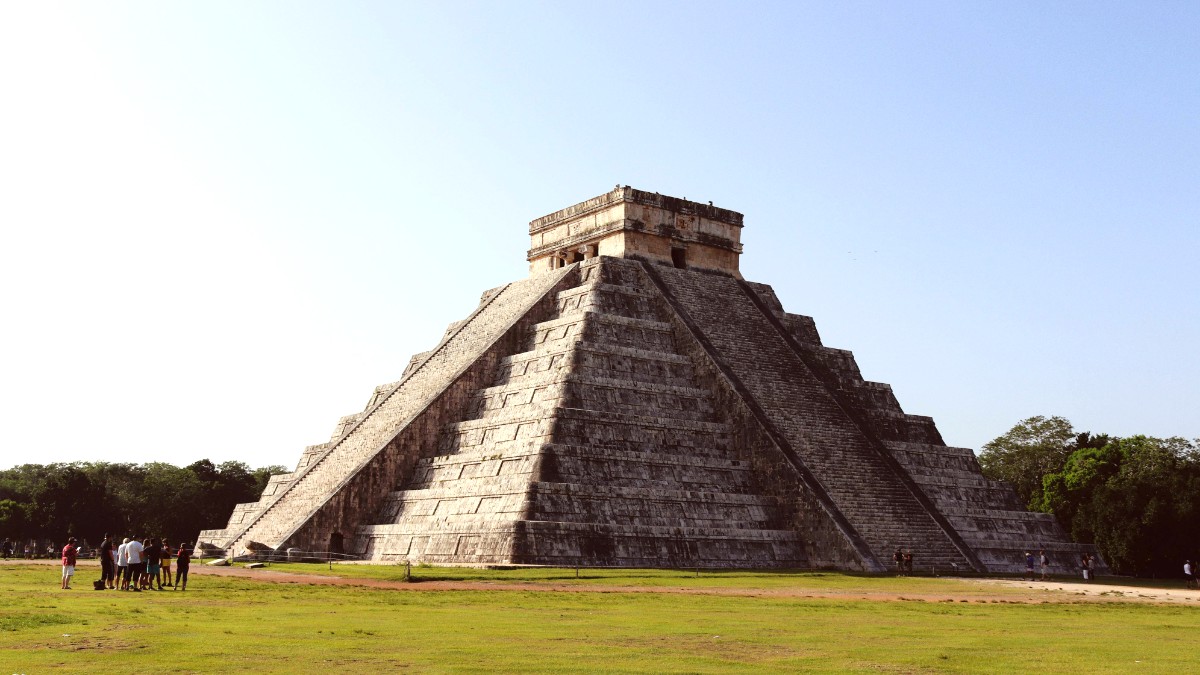
Yucatan Peninsula, Mexico
Mexico has three main mobile providers: Telcel, AT&T Mexico, and Movistar. Telcel generally has the widest coverage.
Wi-Fi is widely available, though coverage varies in remote areas.
Correos de México is the national postal service.
Spanish is the official language. English is common in highly tourist-heavy areas.
Generally open 9 or 10 AM to 8 or 9 PM. Smaller local shops may close for siesta (2-4 PM) in the afternoon.
Open for breakfast, lunch ("comida," 2-4 PM), and dinner ("cena," from 8 PM). Some close between lunch and dinner.
Chichen Itza is typically open 8 AM to 5 PM, with last entry at 4 PM. Check official sources for precise times.
Banks generally operate Monday to Friday, 9 AM to 4 PM. Some may have limited Saturday morning hours.
On public holidays, banks, government offices, and some businesses will be closed. Transportation may be busier.
Plan ahead for holidays and low season as they change business operations.
Engage respectfully with local customs and social considerations.
Politeness is highly valued. Always greet people before asking a question, entering a shop, or starting a conversation.
Your clothing choice can show respect for local customs.
Refer to sections 2.3 and 7.1 for detailed information on dining etiquette and tipping expectations.
Always ask permission, especially when photographing people.
When shopping, try to use exact change or small bills. This assists smaller vendors who may not have enough change for larger denominations.
Travelers with mobility challenges or other special needs might find varying levels of accessibility.
The Yucatan's historical sites and old city centers can present obstacles.
Planning is for a smoother experience.
Specialized services are limited in the region.
Information for accessible travel in the Yucatan can be limited.
Direct communication with providers is the most effective way to gauge accessibility.